Meet Our Speakers

Overview of MPS Diseases and Their Management
and
Clinical Trials, New Treatment Methods and Managing Expectations.
Dr John J. Mitchell, Metabolic Geneticist, Montreal Children’s Hospital
Dr John J. Mitchell is a pediatric endocrinologist and metabolic geneticist at the Montreal Children’s Hospital. He is also an associate professor at McGill University. He specializes in the treatment of inborn errors of metabolism.
Dr Mitchell graduated from the University of British Columbia in 1998 and completed his pediatric training at McGill University. He then completed fellowships in pediatric endocrinology (McGill University) followed by a second fellowship in genetic metabolic medicine (Children’s Hospital, Westmead, Sydney, Australia).
He teaches genetic counseling, medical genetics, and population screening at McGill University and supervises fellows, pediatric residents, and medical students in both clinical genetics and clinical endocrinology at the Montreal Children’s Hospital. He has worked with lysosomal storage disorders for over 20 years. He has participated in multiple clinical trials for LSDs including ERT, gene therapy and fusion proteins. He has participated in the development of national and international clinical guidelines for MPS II, MPS IVA and MPS VI.
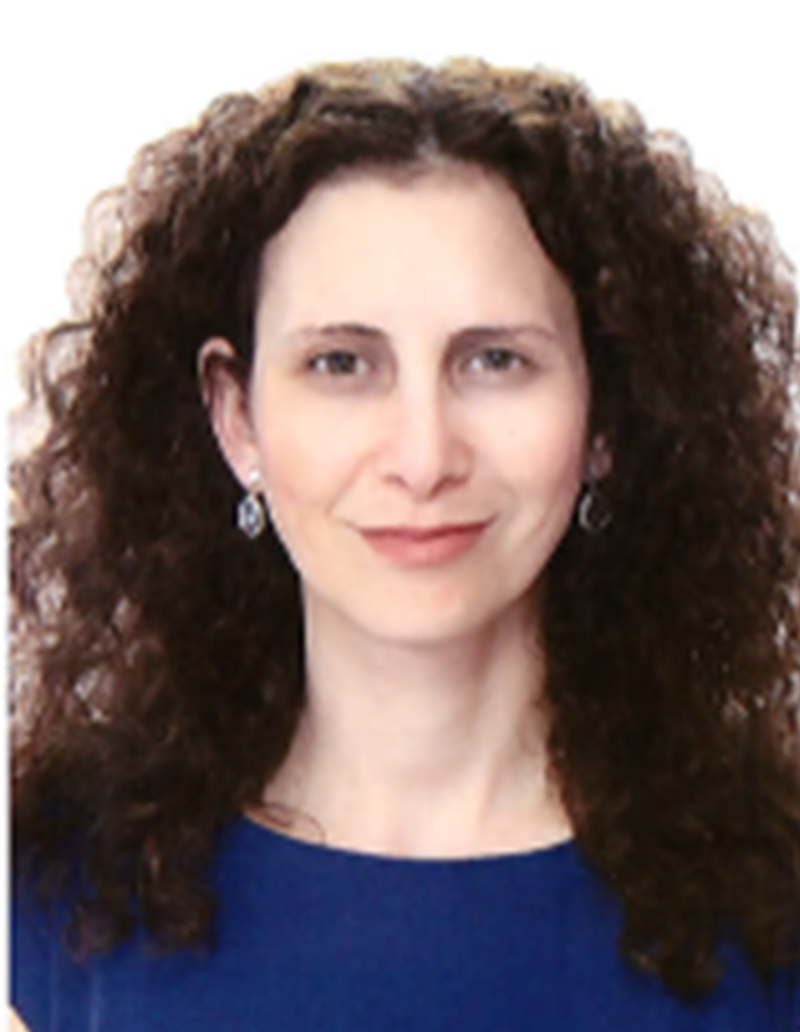
Clinical Trials, New Treatment Methods and Managing Expectations.
Dr. Michal Inbar-Feigenberg, Director, Lysosomal Storage Disorders program, Hospital for Sick Children
Dr. Michal Inbar-Feigenberg is the Section Head of Metabolic Genetics and the Medical Director for the Lysosomal Storage Disorders program in the Division of Clinical and Metabolic Genetics at the Hospital for Sick Children. She completed a General Pediatric Residency Program at the Hadassah Hospital, Hebrew University, Israel. Thereafter, she completed CCMG Clinical Biochemical Genetics Fellowship training at the University of Toronto. Dr. Inbar-Feigenberg’s research is focused on clinical research, including lysosomal storage diseases. She is interested in translating our growing understanding of cellular mechanisms to utilize drugs for the benefit of patients.
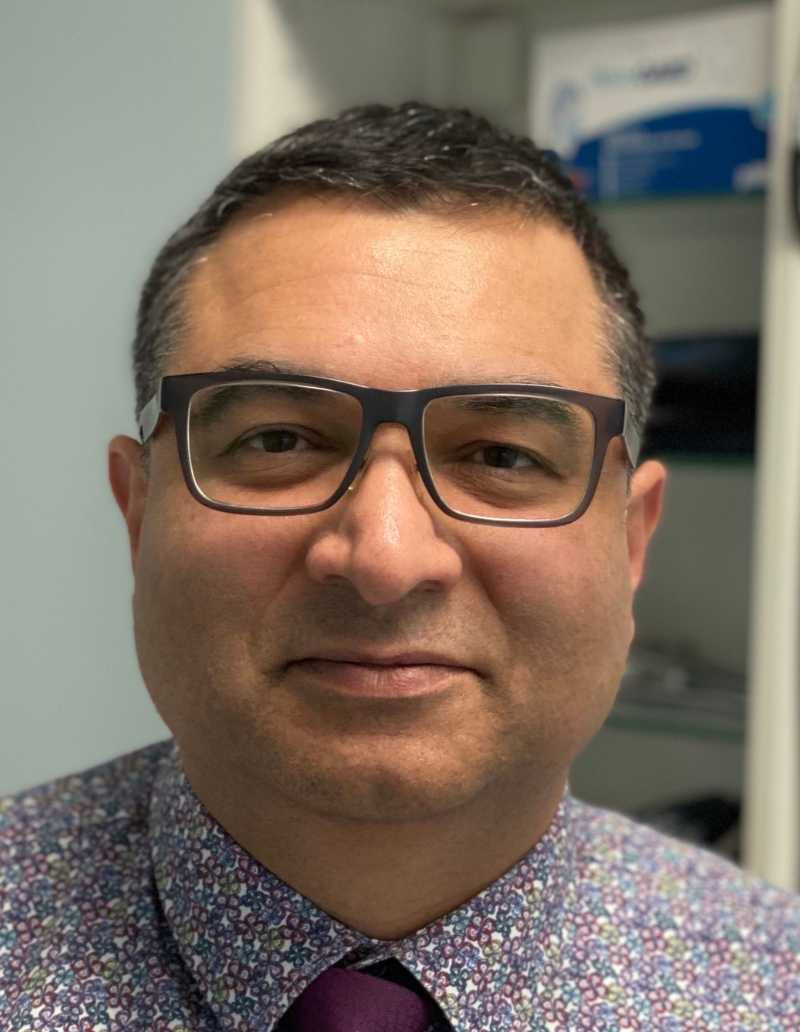
Critical Decision Points in the Care of Patients with MPS
Dr. Aneal Khan, M.A.G.I.C. (Metabolics and Genetics in Canada)
Dr. Khan graduated from the University of Toronto with a Master of Science in Nutrition. He completed his MD degree at Queen’s University in Kingston, Ontario, and Pediatric specialty training followed by Medical Genetics training at Rush Medical College in Chicago and the Hospital for Sick Children in Toronto. He has worked at the Hospital for Sick Children, University Health Network, McMaster Children’s Hospital, Alberta Children’s Hospital and now works primarily through his community clinic called M.A.G.I.C. (Metabolics and Genetics in Canada).
He was the first physician in the world to treat Fabry disease and Gaucher disease using Gene Therapy, the first in Canada to use Liver Cell Transplant and Gene Therapy to treat Urea Cycle Diseases and is experienced in using research drugs injected directly into the spine. Dr. Khan has an interest in and follows a number of patients with different types of mucopolysaccharide storage diseases.
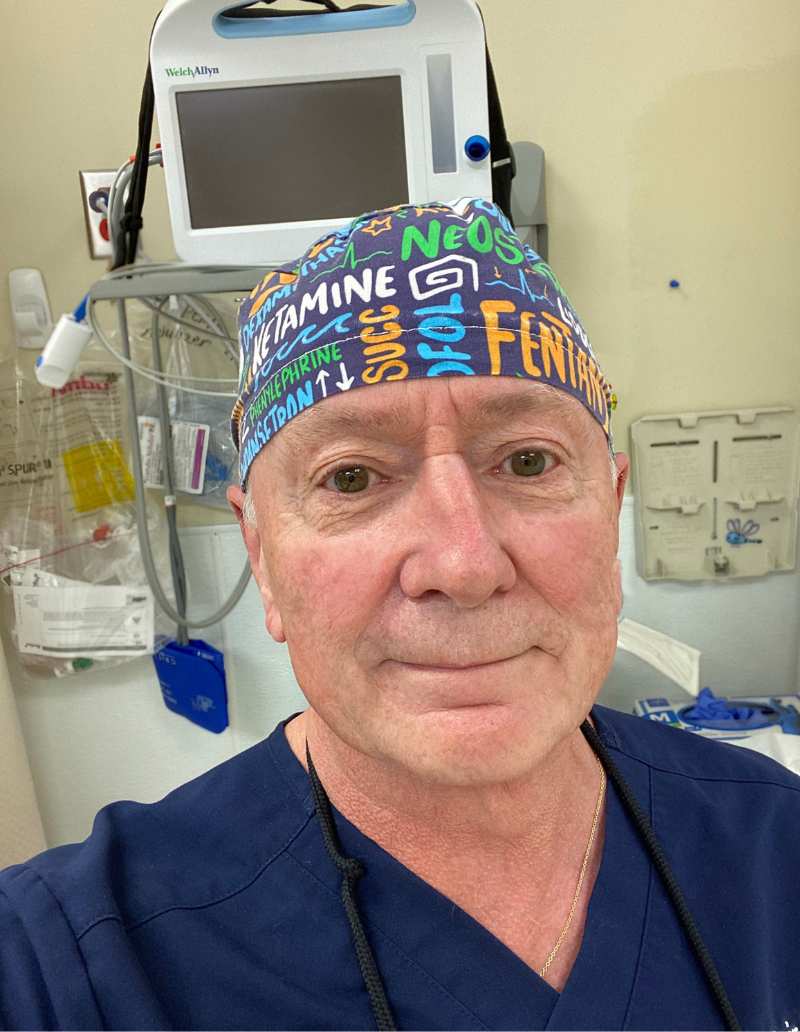
Anesthetic Care and the Evolution of Therapy For MPS Patients: A Shared Journey
Dr. Alastair Ewen, Medical Director, Riverview Surgical Centre, Calgary
I was born in Aberdeen, Scotland and did my medical training at the University of Aberdeen. After graduating as a doctor, I pursued a career in anesthesiology, and I started my anesthesia residency in the UK in 1979. My 11 years of training included 18 months as a lecturer in Calgary, and 6 months at the Winnipeg Children’s Hospital.
I specialized in pediatric anesthesia, and worked for 25 years as a staff anesthesiologist at the Alberta Children’s Hospital (ACH). I retired from ACH in 2021, but I am still a member of the Section of Anesthesia at ACH and a Clinical Assistant Professor at the University of Calgary.
I am now the Medical Director at Riverview Surgical Centre in Calgary. A significant part of my clinical work involves pediatric patients undergoing dental procedures.
My clinical interests include regional anesthesia for children, and airway management.
I’m married to a Calgarian who is an OR nurse at ACH. We have four grown up children, all of whom have benefitted at some point from the excellent care provided at ACH.
Away from work, I enjoy golfing in the summer and downhill skiing in the winter.
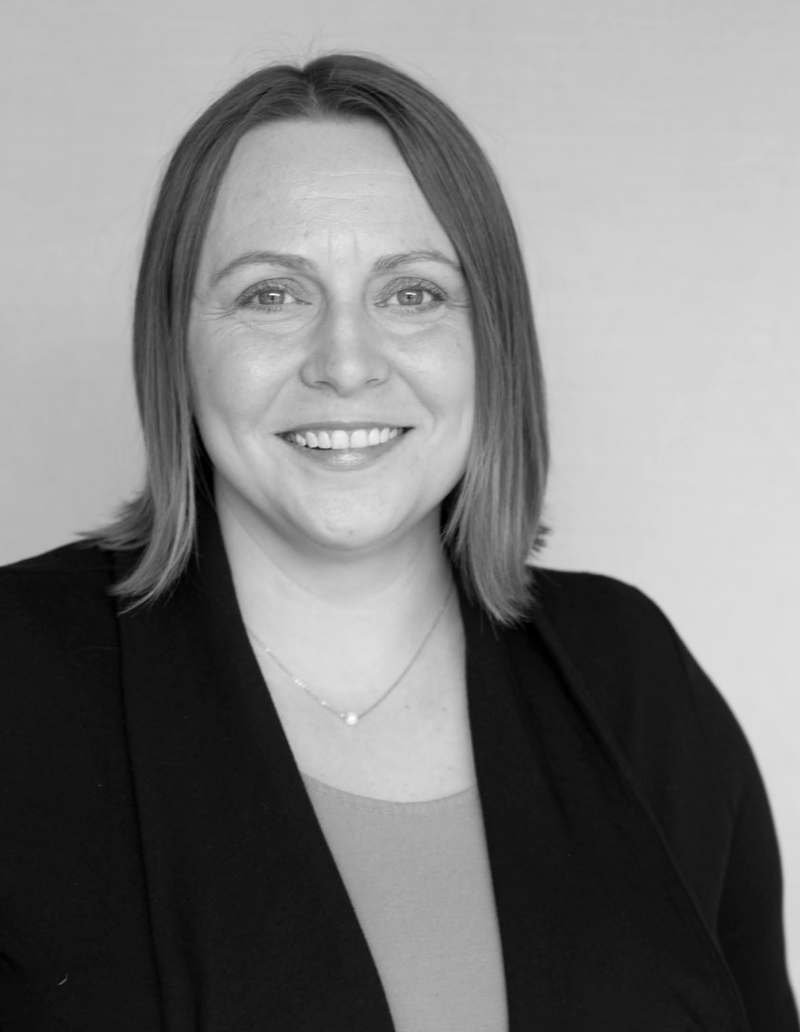
Updates in Emotional and Behavioral Health Research in MPS Diseases
Dr. Eva Mamak, Clinical Neuropsychologist, Hospital for Sick Children,Toronto
Dr. Eva Mamak is a board-certified clinical neuropsychologist at the Hospital for Sick Children in Toronto, Ontario. She completed a PhD. In School Psychology at the University of North Carolina – Chapel Hill, pre-doctoral internship at the University of Minnesota Medical School, and Post-Doctoral fellowship in Pediatric Neuropsychology at the Hospital for Sick Children in Toronto. Her clinical work is focused on evidence-based assessment of infants, toddlers, children, and adolescents with rare disease, genetic conditions, those requiring neurosurgical intervention, and medication-refractory epilepsy.
Dr. Mamak’s research focuses on neurocognitive outcomes in rare disease and neurological conditions, with a focus on multi-disciplinary, multi-centre studies. Clinical monitoring of functional outcomes following novel treatment is also a focus of her work.
Dr. Mamak is also the post-doctoral fellowship coordinator for clinical neuropsychology at SickKids.
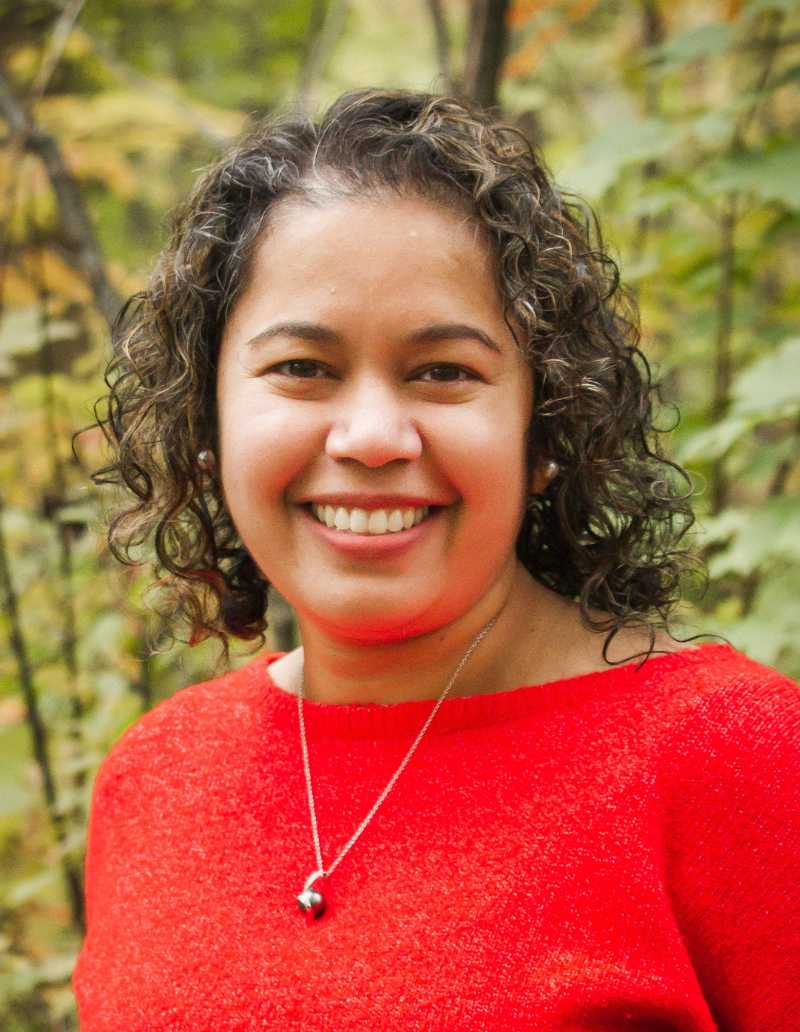
Neurocognition In MPS Disorders
Dr. Shailly Jain, University of Alberta
Dr. Shailly Jain completed medical education at the University of Western Ontario and the royal college residency in Medical Genetics at the University of Toronto. She did a Canadian College of Medical Genetics fellowship in biochemical genetics (metabolics) at the University of Toronto.
Shailly joined the Edmonton Medical Genetics clinic in 2012 and is currently an associate professor at the University of Alberta and the program director for the CCMG Biochemical Genetics fellowship. Her primary area of clinical expertise is diagnosing and treating children and adults with inborn errors of metabolism.
Shailly’s interests include newborn screening, lysosomal storage disorders and liver transplant for inborn errors of metabolism.
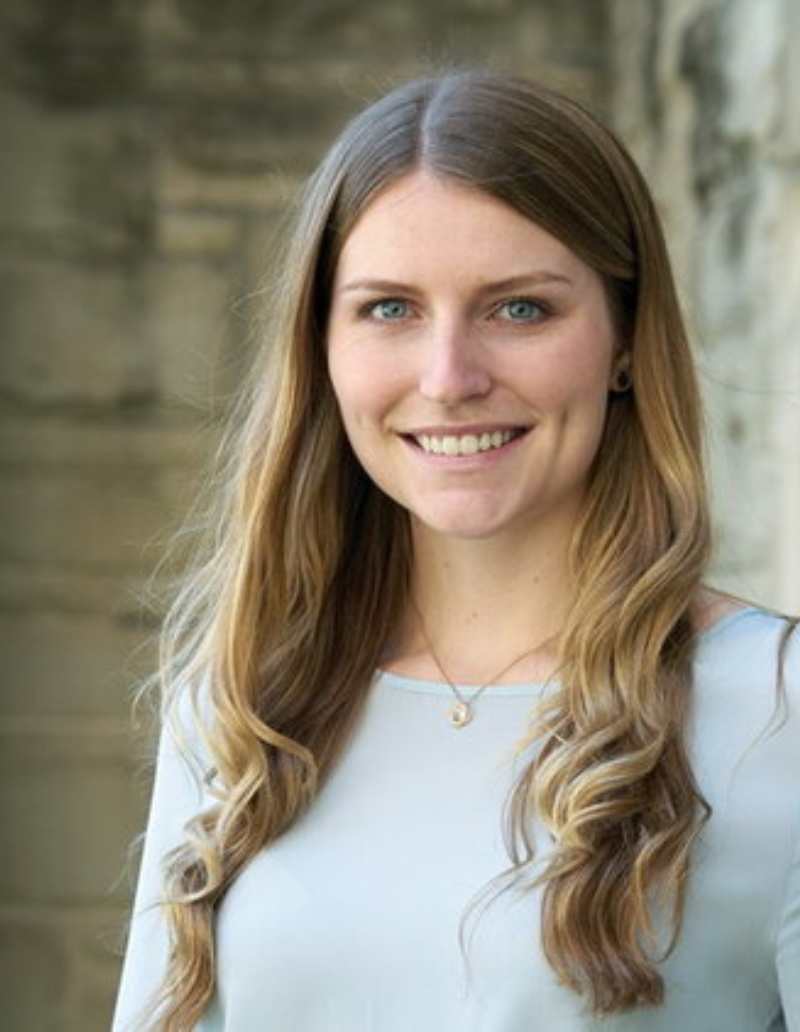
Canadian Pediatric MPS Registry Workshop
Alison Howie, University of Ottawa
Alison Howie completed her BSc in Life Sciences at Queen’s University and MSc in Epidemiology and Biostatistics at the University of Western Ontario. She is a Clinical Research Associate in the School of Epidemiology and Public Health at the University of Ottawa. In this role, she leads the overall coordination of the INFORM RARE research network, as well as the coordination of the mucopolysaccharidosis projects and patient engagement strategy.
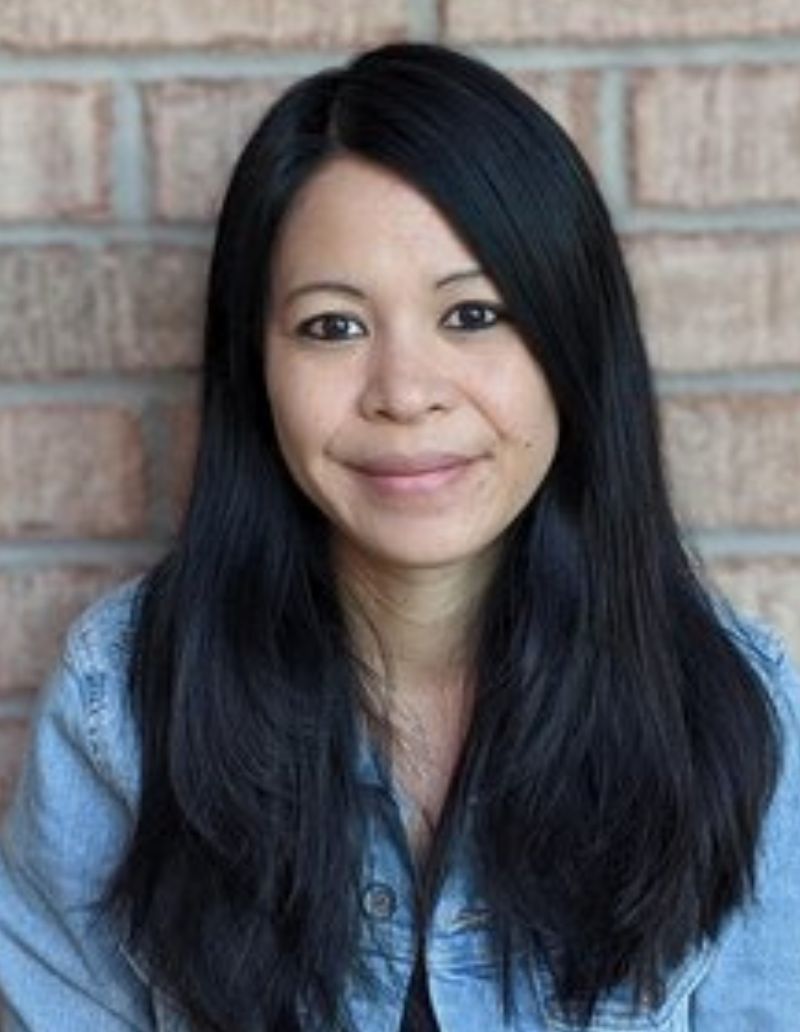
Canadian Pediatric MPS Registry Workshop
Monica Lamoureux, Children’s Hospital of Eastern in Ontario (CHEO)
Monica Lamoureux completed her BSc at McGill University and MSc at the University of Calgary, with designations as a Project Management Professional and Certified Clinical Research Professional. She is the Research Manager at Newborn Screening Ontario, and for the Division of Metabolics and Newborn Screening at the Children’s Hospital of Eastern in Ontario (CHEO), based out of Ottawa. In this role, she is coordinating the INFORM RARE research work led by CHEO, which includes patient registries for rare diseases.
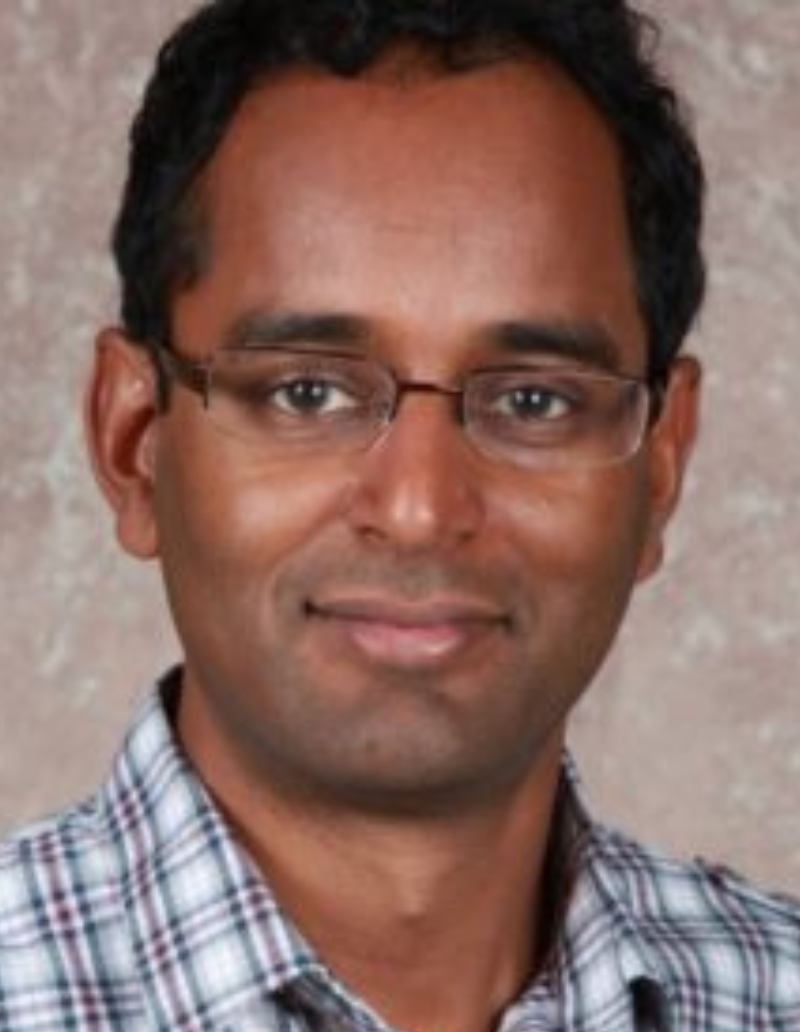
Newborn Screening Considerations for LSDs
Dr. Pranesh Chakraborty, Executive Director & Chief Medical Officer of New Born Screening Ontario
Executive Director & Chief Medical Officer of New Born Screening Ontario
Dr. Chakraborty is a physician certified by the Royal College in Medical Biochemistry and Pediatrics, with a subspecialty in Biochemical Genetics. He joined CHEO in 2003 as a clinician seeing patients with Inborn Errors of Metabolism (IEM). In 2006 he led the transition of Ontario’s newborn screening program to Ottawa leading to the establishment of Newborn Screening Ontario (NSO) at CHEO.
In 2008 he was instrumental in the founding of the Better Outcomes Registry and Network (BORN Ontario) at CHEO as a prescribed registry in Ontario. Finally, he is a Principal Investigator for the Canadian Inherited Metabolic Disease Research Network which recently was awarded a $1.5M CIHR Emerging Teams grant for rare disease research. Throughout his career, he has been involved in clinical and translational research related to IEM.
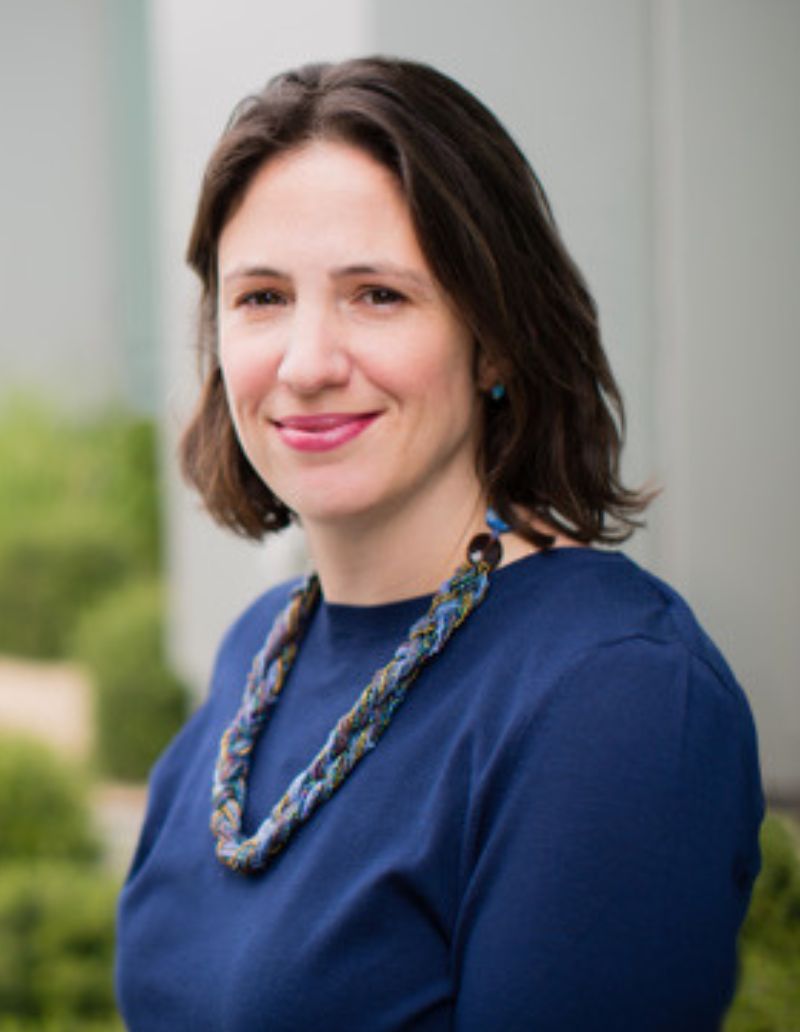
Prenatal Diagnosis and Current And Emerging Fetal Therapies Including In Utero Enzyme Replacement Therapy
Billie R. Lianoglou, MS. Genetic Counselor, UCSF Center for Maternal-Fetal Precision Medicine
Billie Lianoglou is a genetic counselor who specializes in prenatal care. She works closely with perinatologists to educate families on potential genetic risks for fetal abnormalities or complications.
Billie splits her time supporting the research of genetic specialists Dr. Mary Norton and Dr. Teresa Sparks as well as fetal surgeon Dr. Tippi MacKenzie at the UCSF Center for Maternal-Fetal Precision Medicine. With Dr. Norton and Dr. Sparks the research explores the value of prenatal exome and genome sequencing, a technique for determining potentially useful genetic information.
Billie’s work Dr. MacKenzie involves the support of on-going clinical trials. She manages the UCSF registry of patients with alpha thalassemia major and the registry of patients with Lysosomal Storage Diseases. Her work includes the outreach, enrollment and education of patients for two fetal therapy clinical trials, in utero stem cell transplantation study for alpha thalassemia major and in utero enzyme replacement therapy for lysosomal storage diseases at the UCSF Fetal Treatment Center.
Lianoglou earned a master’s degree in genetic counseling from Icahn School of Medicine at Mount Sinai. She is a member of the National Society of Genetic Counselors and American College of Medical Genetics and Genomics.
Originally from New York, Lianoglou can be found with her family walking through in Golden Gate Park on the weekends or skiing in Tahoe during the winter.
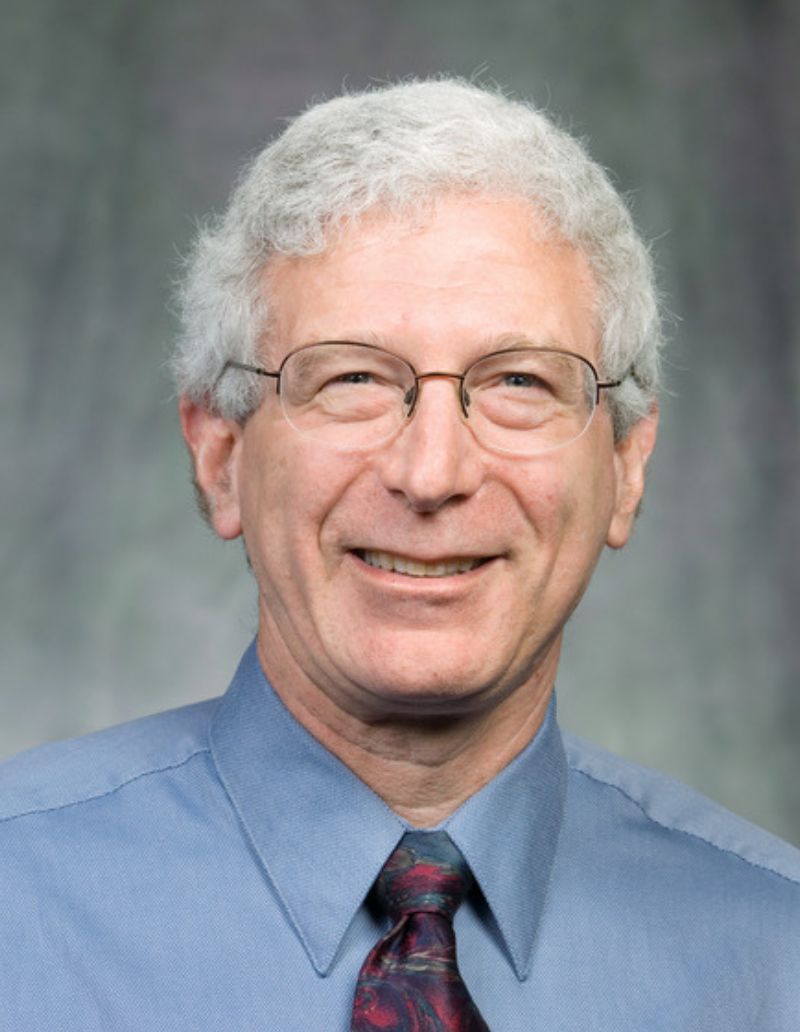
To be confirmed
Paul R. Harmatz, MD, University of California San Francisco and UCSF Benioff Children’s Hospital Oakland
Paul R. Harmatz, MD, is Professor in Residence, Department of Pediatrics, University of California San Francisco and UCSF Benioff Children’s Hospital Oakland.
He is the Medical Director of the Pediatric Clinical Research Program in Mucopolysaccharidoses (MPS) and Related Disorders.
Dr. Harmatz completed his Pediatric internship and residency training at Harbor-UCLA Medical Center. Following a clinical and research fellowship in Pediatric Gastroenterology and Nutrition at Massachusetts General Hospital, he remained in Boston until 1992 as faculty in Pediatrics at Harvard Medical School.
During the last 20 years, Dr. Harmatz has participated in clinical trials with MPS I, MPS II, IIIa, IIIA, IIIb, IVa, VI, VII, and has managed clinical care for patients with MPS living in northern California.
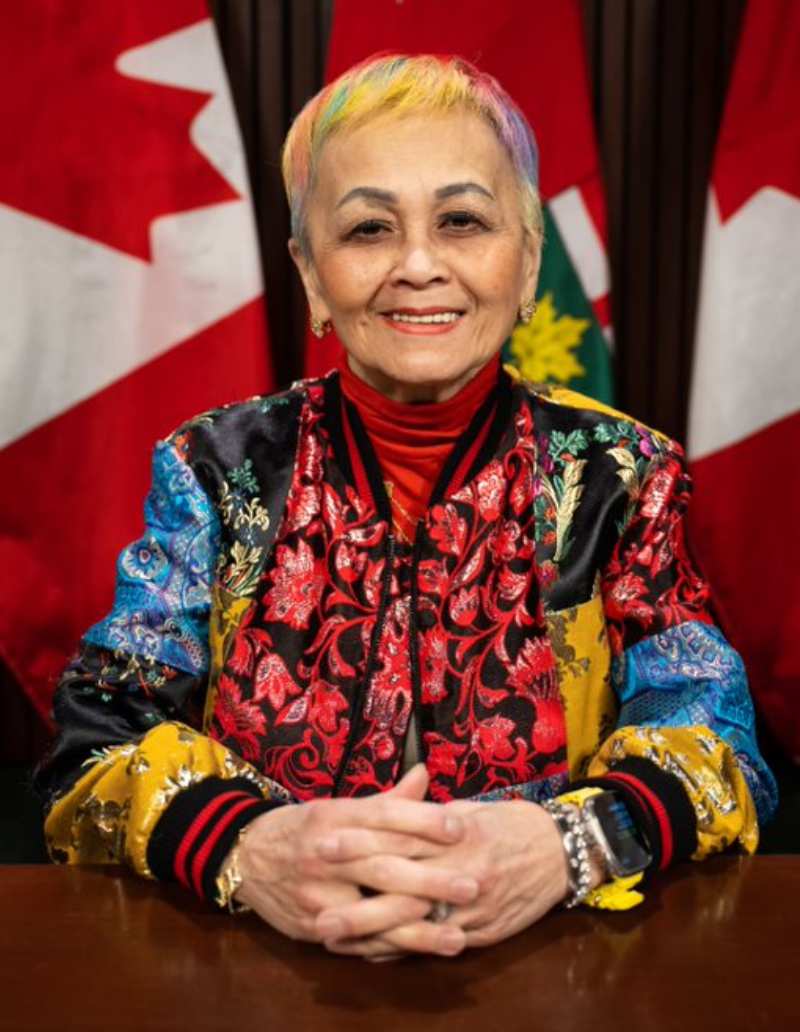
Canada’s $1.5 Billion Investment in Rare Diseases: Community’s Biggest Victory and Challenge
Durhane Wong-Rieger, PhD. President & CEO, Canadian Organi-zation for Rare Disorders
DURHANE WONG-RIEGER, PHD is President & CEO of the Canadian Organi-zation for Rare Disorders, Chair of the Consumer Advocare Network, President & CEO of the Institute for Optimizing Health Outcomes and Chair of Canadian Heart Patient Alliance.
Internationally, she is Chair of Rare Disease International, President of Asia Pa-cific Rare Disease International, Treasurer of United Nations Nongovernmental Organization for Rare Diseases. Chair of Patient Advocates Constituency Com-mittee of the International Rare Disease Research Consortium, Patient Advisor to the APEC Rare Disease Network, member of the Editorial Board of The Patient- Patient Centred Outcomes Research, and member of Health Technology As-sessment International Patient /Citizen Involvement Interest Group.
Dr. Wong-Rieger has served on numerous health policy advisory committees and panels and is a member of Genome Canada Steering Committee for the Rare Disease Precision Health Initiative. She is a certified Health Coach.
Durhane has a PhD in psychology from McGill University and was professor at the University of Windsor, Canada. She is a trainer and frequent lecturer and au-thor of three books and many articles.
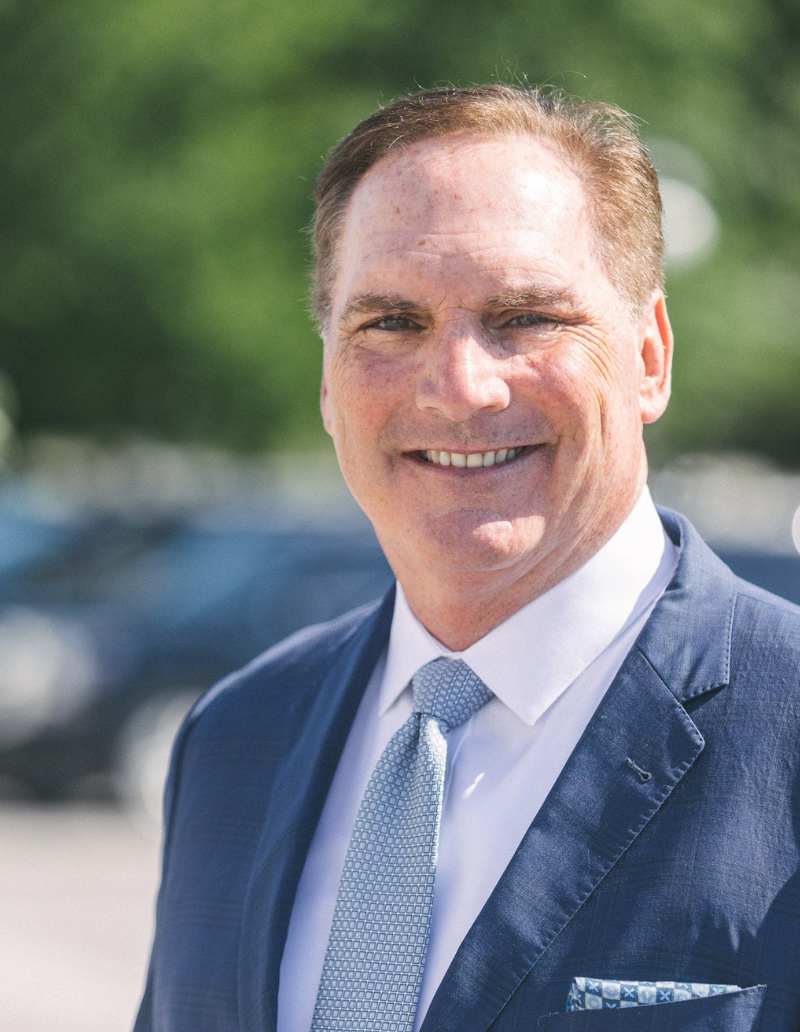
Finding Tomorrow – The Journey to Find Treatment For MPS
Mark Dant, Executive Director, Ryan Foundation
Mark Dant is the Founder and Volunteer Executive Director of the Ryan Foundation. Mark is also the former Board Chair of the of the Washington DC based EveryLife Foundation for Rare Diseases and the former President and CEO of the National MPS Society.
Mark and his family founded the Ryan Foundation in 1992 shortly after their only child Ryan was diagnosed with MPS I. Since inception, the Ryan Foundation has funded millions in research and provided the critical funding that led to the development of Aldurazyme, the first and to date only drug FDA approved to treat MPS I.
The Dant family’s journey has been documented on CBS 60 Minutes, the Today Show, CNN, Biography Magazine, Readers Digest in 13 languages around the world, Golf Digest, the LA Times and numerous newspapers and news outlets globally. Mark and his family have been key advocates speaking to the FDA and in 2009 successfully championed the US House of Representatives to pass the Ryan Dant Health Care Opportunity Act.
Mark, a police officer for 32 years, retired as an Assistant Chief of Police with the Carrollton Texas Police Department in 2016 and spends his time now volunteering for the Ryan Foundation and numerous other rare disease nonprofits to help empower the patient advocate through the understanding that all of us have the power to turn action to hope and hope to reality.
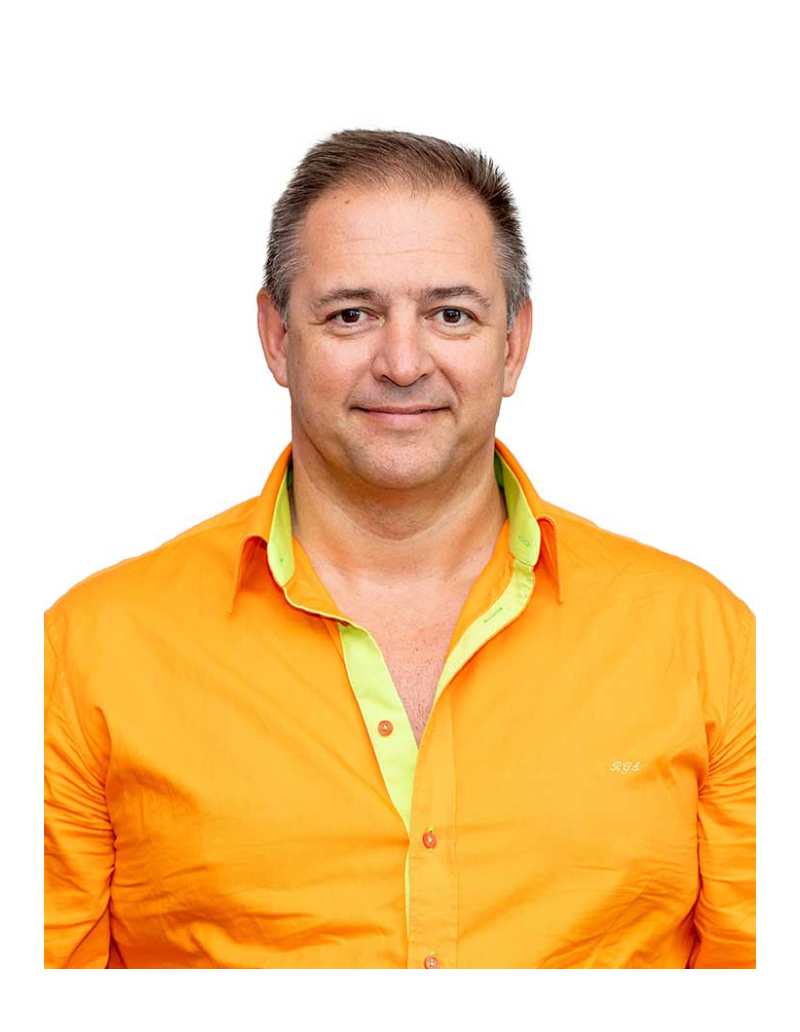
MPS An Unexpected Journey
Bob Stevens, MPS Society UK
Having two sons diagnosed with a rare disease (MPSII) changes your perspective and priorities in life. Having spent over 20 years in construction, many of which were at Board level, I decided to pursue a career in the Charity sector. At first, I became a Trustee and eventually progressing to become a Managing Director and Group CEO of various patient organisations, supporting those living with rare diseases and complex needs. I wanted to bring together my family experiences of a “Rare life lived” and commercial attributes in order to improve the lives of those most marginalised in society whilst, at the same time, helping to create a more sustainable financial future for patient organisations both in the UK and globally.
As well as being Group CEO of the MPS Society/Rare Disease Research Partners I am proud to serve as Vice Chair of the LSD Collaborative, Board Member of the worldwide International MPS Network, Acting Chair of the New Born Screening Collaborative and work as a patient representative for MPS in various global charitable access programs that provide a possible lifeline to treatments in selected areas of the world.
These are not job roles, but a way of life!
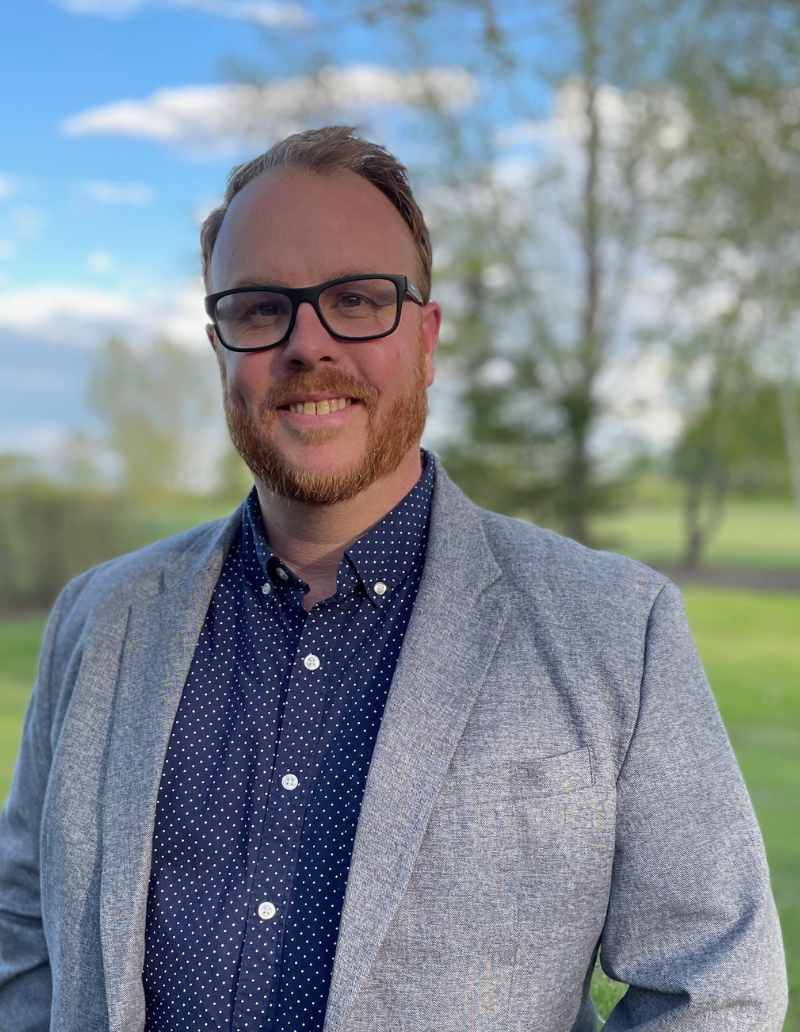
“The Importance Of Community In Our Grief Experience”
Geoff Lucas, Chaplain and MPS Parent
Husband, father, stepfather, disability advocate, volunteer, youth ministry leader, chicken dad and Chaplain. As the father to Henry Lucas, (MPS3C, Sanfilippo Syndrome) sleepless nights, anxiety, depression, mental health challenges and the overwhelming grief that can be unbearable – “Pressed but not crushed” is often a daily experience. I have been called through my faith to Chaplaincy to support others in grief. Walking with my son Henry, sharing his voice and supporting others through grief and trauma are the greatest challenges and greatest honors of my life. Henry is a gift in our family’s walk and although a hard walk, it is a walk that has shown me the value of today and the importance of joy, hope and love.
